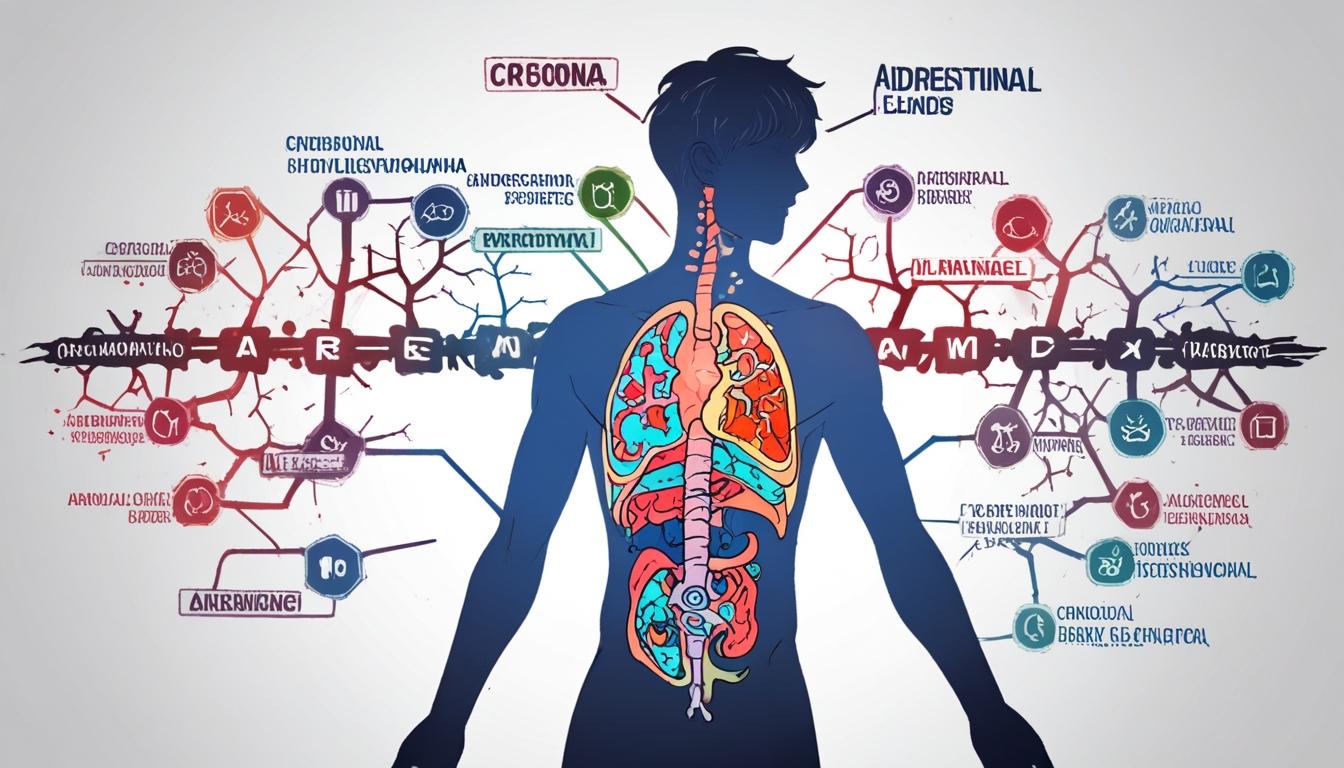Social media platforms, particularly TikTok, have recently seen a surge in content creators discussing cortisol, the body’s primary stress hormone, in a manner suggesting it is detrimental to physical appearance and overall wellbeing. These creators claim that elevated cortisol causes a "cortisol belly" and "cortisol face," terms used to describe abdominal fat accumulation and facial swelling allegedly linked to high cortisol levels. This trend carries an implication that stress and cortisol are major barriers to achieving idealised lifestyles promoted online.
Cortisol is a naturally occurring hormone produced by the adrenal glands situated above the kidneys. It plays a critical role in regulating various bodily functions, including maintaining daily rhythms and enabling the fight-or-flight response essential for survival. While stress triggers an increase in cortisol secretion, thereby helping the body respond to immediate threats or challenges, this hormone is not inherently harmful. In fact, it is vital for life.
Research dating back to 1932, conducted by neurosurgeon Harvey Cushing, associated chronically elevated cortisol levels—characteristic of a rare medical condition known as Cushing’s disease—with increased fat deposition in the abdomen and face. However, the cortisol levels caused by everyday stress do not approach those observed in Cushing’s disease. Furthermore, factors such as genetics, diet, sleep, exercise, and other hormones also significantly influence fat distribution in the body. Thus, attributing fat accumulation solely to cortisol is an oversimplification of complex biological processes.
Craig Doig, Associate Professor of Metabolic Health at Nottingham Trent University, emphasises that while cortisol can have downsides if consistently elevated, the popular notion of "cortisol belly" and "cortisol face" reduces intricate physiological mechanisms into catchy but misleading social media trends. Speaking to The Conversation, Doig cautioned against the uptake of "cortisol detox" remedies promoted by influencers, suggesting that such approaches are more about generating content engagement than promoting health.
For individuals concerned about stress or its effects, simple evidence-based measures can help manage cortisol levels and improve wellbeing. These include consistent quality sleep, regular physical activity, balanced nutrition, and taking time to relax. Seeking advice from healthcare professionals is recommended for those experiencing symptoms related to sustained high cortisol.
The Independent is reporting that the conversation surrounding cortisol on social media highlights the intersection of health information dissemination and digital culture, where scientific facts can become distorted into sensationalised trends. This phenomenon illustrates the challenges of navigating health communication in the age of influencer-driven content.
Source: Noah Wire Services
